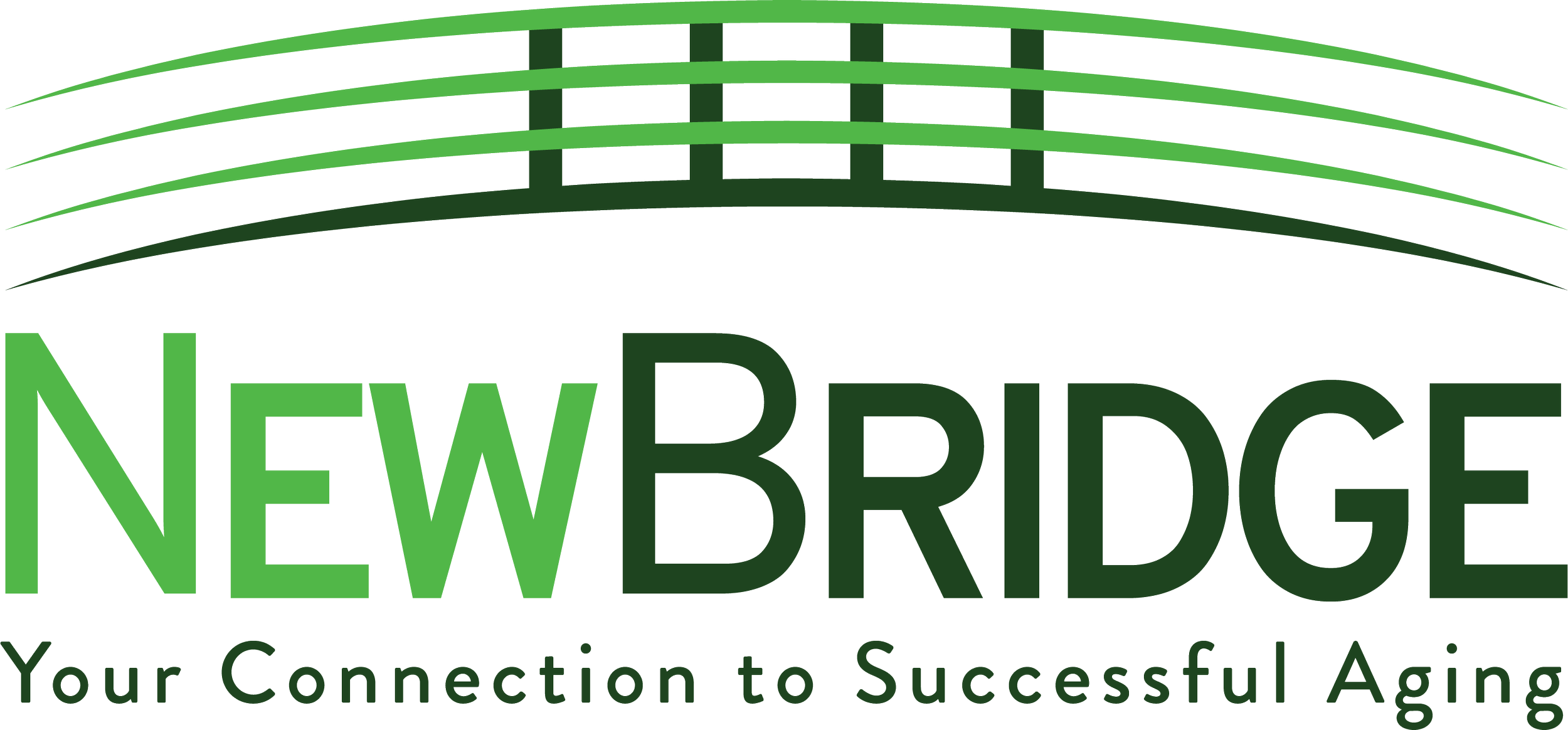-
The Volunteer Guardian Program serves Older Adults age 60 and over who are in need of a guardian due to such conditions as advanced dementia or chronic mental illness, and who have no family members or friends able to act as a guardian.
The program recruits, trains and provides ongoing support to volunteers willing to serve as legal guardians for older adults in need. The preferences and abilities of the volunteer and the specific need of the disabled older adult are taken into account in the assignment process.
-
Guardians are matched to individuals who have been found legally incompetent by a court due to a mental disability. These are individuals who are unable to make decisions independently due to dementia, chronic mental illness, developmental disabilities, brain trauma, or alcohol/drug abuse.
-
A guardian is a person who has the legal responsibility to advocate on behalf of an individual unable to make competent decisions for herself/himself. Guardians make decisions regarding that individual’s care and welfare and sometimes also manage his or her income and property. They are compassionate people who can make a positive difference in the life of another person.
-
A guardian of the person visits the person regularly; makes decisions regarding care, such as the place of residence and medical needs; maintains regular contact with caregivers; acts to ensure that the person is receiving optimal care; and reports annually to the court on the person’s welfare.
A guardian of the estate receives and manages all income and assets on the person’s behalf, pays all bills for care and other needs, and makes an annual financial accounting to the court.
-
A guardian must be a caring adult in good physical and mental health. He or she should possess good verbal and bookkeeping skills and a desire to advocate for the rights and needs of another person. The guardian needs to be able to volunteer three to six hours per month.
Volunteers must complete an application, undergo a criminal background check, and have positive references.
Volunteers are asked to serve for a minimum of two years.
-
The representative payee program is through the Social Security Administration. Volunteers manage only the Social Security funds for older adults who are having problems.
Katie Brietzman
Guardianship/Rep Payee Volunteer Coordinator and Case Manager
Ext: 1002
What do you do as a program coordinator?
My job is two fold: to get word out about (these programs) to the aging community, to let people know that this program is out there to make referrals, and the other part is getting word out to the community to find volunteers, so trying to recruit. Then I interview and train volunteers and I give ongoing support to those volunteers. I (also) do one-on-one consultations.
What led to the creation of these programs?
The reason this program was started back in ‘01 or ‘02 was because here in Dane County we recognized there was a real need for trained and supported volunteers. There are corporations that get paid to do this (type of) care. There are companies that charge to be guardians for people. What happens is those payments are made through county funding. So this program is so that we could have quality people making decisions because our volunteers are assigned one-to-one.
What are you seeing as far as demand for services and the numbers of volunteers you’re able to attract?
There is an increasing demand as we see the population age. I am seeing that. I think some of the challenges I have from that is getting the word out. Because when you see a need for a guardian it’s like, "Wow, I don’t know that I could do that," when in reality you just have to be able to have common sense, compassion and a desire to really make a difference in one person’s life.



